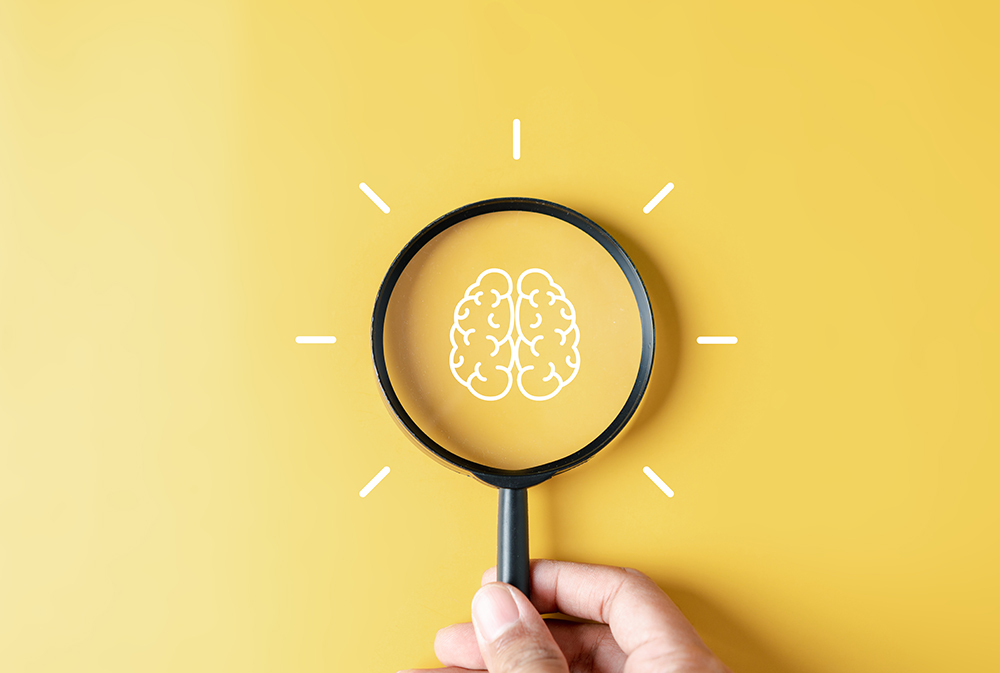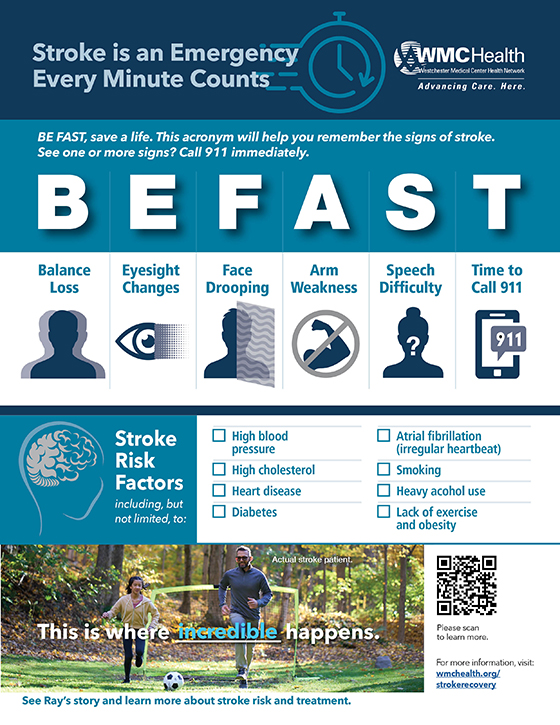Wednesday, May 1, 2024
The Truth About Stroke: Debunking Myths for Better Understanding and Prevention
Medically reviewed by Pankajavalli Ramakrishnan, MD
Stroke is a medical emergency that affects millions of people worldwide each year, yet it remains shrouded in misconceptions and myths.
Despite being a leading cause of long-term disability and death, many people are unaware of the diverse range of factors associated with stroke, its symptoms and its aftermath.
Learn more about the truth behind stroke and how to separate fact from fiction.

False: Stroke Only Affects the Elderly
True: Stroke can affect individuals of any age, not just the elderly. Lifestyle factors like high blood pressure and smoking increased risk regardless of age. In fact, 10-15 percent of strokes occur in people under age 45, and that number is rising.
False: Stroke Always Causes Paralysis
True: While common, not all stroke survivors experience paralysis. Effects vary depending on the brain region that’s affected.
False: Stroke Can't Be Prevented
True: Modifiable risk factors like diet and exercise play a significant role in stroke prevention.
False: Only Men Experience Stroke
True: Stroke can affect men and women and it is imperative to seek immediate medical attention.
False: Transient Ischemic Attacks (TIAs) Aren't Serious
True: A transient ischemic attack (TIA) is a temporary disruption of blood flow to the brain that produces stroke-like symptoms. TIAs should not be ignored — they serve as warning signs of an increased risk of a more severe stroke in the future and require immediate medical attention.
False: A Full Recovery Is Impossible
True: Stroke recovery is a lifelong process, and progress can continue years after the initial event. With ongoing therapy, support and lifestyle adjustments, many stroke survivors can regain lost function and improve their quality of life.
Dismantling these common myths can raise awareness and help individuals to take proactive steps to reduce their risk.
BE FAST, Save a Life
Quickly recognizing common stroke symptoms can save lives, so remember the acronym “BE FAST” — balance loss, eyesight changes, face drooping, arm weakness, speech difficulty and terrible headache.
Most importantly, if you see one or more of these signs, call 911 immediately.
Don't forget — prompt medical attention is crucial, as prompt intervention can minimize brain damage and improve outcomes. WMCHealth offers comprehensive stroke care and we are here for you 24/7.
